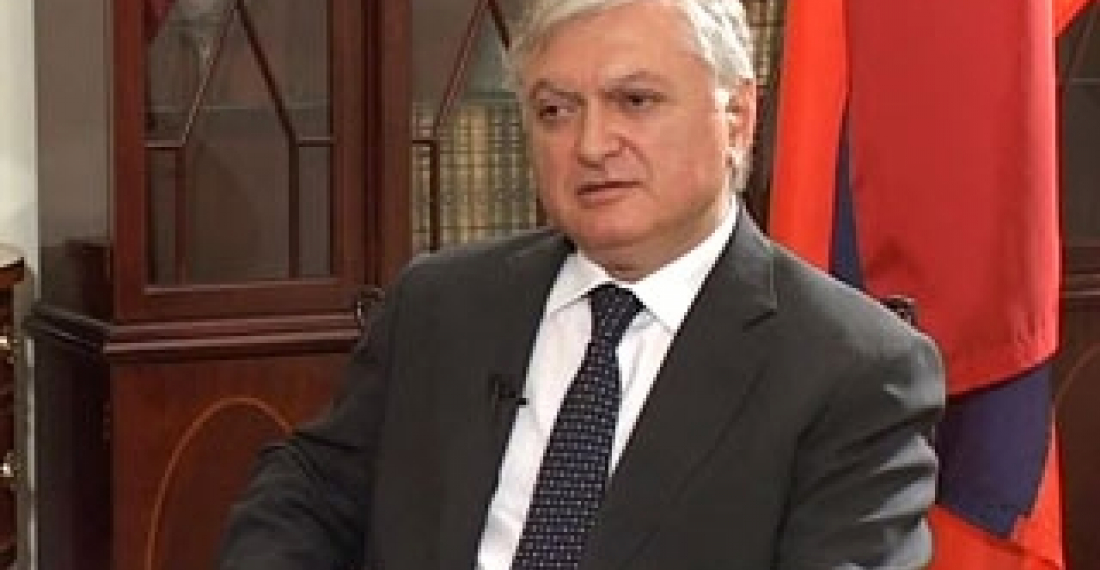The supporting of Azerbaijan's candidacy for membership in UN Security Council will not raise reputation of this structure, Armenia's Foreign Minister Edward Nalbandyan said over the joint press-conference with the newly appointed EU special representative for South Caucasus and Crisis in Georgia Philippe Lefort, in Yerevan today.
When commenting on the fact of nomination by Azerbaijan of its candidacy for the non-permanent member of UN Security Council for 2012-2013, Nalbandyan said that establishment and strengthening of peace is the key task of the Security Council.
"It turns out that the country, known for its militaristic policy, war propaganda, the country which is proud of the fact that over 6 years it increased its military budget by ten times, this country may become a supporter of peace and may pretend at the seat of a non-permanent member of the Security Council", - Nalbandyan said.
He also added that Azerbaijan, which has been negotiating with EU on Association Agreement, said that it can play this part better than the members of the European Union, Hungary and Slovenia, which also pretend to the seat of a non-permanent member of UN Security Council.
"Many questions arise, but one thing is clear: this will add nothing to reputation of UN Security Council", - Nalbandyan said.
Edward Nalbandyan:
Edward Nalbandyan:







